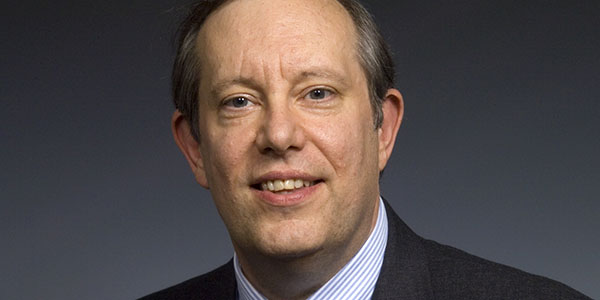Q&A with new UB business school dean
Lloyd Gibson is the newly named dean of the University of Bridgeport”™s School of Business.
Before moving into academia, Gibson worked in the banking industry for 28 years in positions ranging from lending officer to president and CEO.
Most recently he was the dean of education at Stratford University in Virginia, where he oversaw 32 programs. Before that, he was the director of the master”™s of business administration program at Seton Hill University in Pennsylvania, where he implemented a new entrepreneurship program.
He and his wife, Regina Gibson, both received their MBAs from the University of Pennsylvania”™s Wharton School of Business. He also has a doctor of science in information systems and communications from Robert Morris University in Chicago.
Gibson recently spoke with the Fairfield County Business Journal”™s Jennifer Bissell on his goals for the School of Business.
Business Journal: You and your wife recently moved to Bridgeport from Virginia. How do you like the area so far?
Gibson: “We love it. We feel very comfortable here. The people have been very friendly and helpful in our transition. The area reminds us of where we both grew up in Pittsburgh. My wife, Regina, and I look forward to exploring the area now that we are settled and to becoming part of the community.”
What are your goals for the School of Business?
“We plan to expand the School of Business by adding selected programs that meet the needs of students in an ever-changing business world. For example, we are currently awaiting approval of an online MBA program.
We will be developing a strategic plan for the School of Business that will contain our overall goals. This plan will include a focus on continuous improvement comparable to programs in place at many successful businesses.
Another area we will explore is that of entrepreneurship in keeping with the mission of the Ernest C. Trefz Center for Venture Management and Entrepreneurial Studies on our campus. This is an area of great interest to me given my background of working with hundreds of successful entrepreneurs in my banking career. In addition, I was previously the director of an entrepreneurship center and have written several research articles on the entrepreneurial attitudes of students in the U.S. and abroad.”
Before moving to academia you were in the banking industry for 28 years. How has that experience affected your roles as a professor and administrator?
“My banking experience, particularly my experience as a CEO, helped me to develop the leadership skills needed in my current position and the practical knowledge that I can incorporate into the classroom to help prepare the students for future careers.
I believe that the MBA degree, in particular, is a very practical degree and represents a combination of theory and practical applications. In order for students to be successful in their careers it is important for them to combine theory and practice and my experience enables me to bring these elements to the programs in the School of Business.”
You have a master”™s degree in business administration, as well as a doctorate in information systems and communications. What importance do you place on business and technology?
“Technology is an important part of the business world and many new opportunities will be driven by technological changes. In addition, many people would say we are currently in an information age as we move toward a knowledge-based economy. The use of technology is essential as part of this process and also as support for manufacturing and production facilities.”
What is the most important thing the business community should know about you?
“They should know that I am one of them and my experience puts me in a position to understand the issues they face. They should also know that I want to work with them to develop programs that will be mutually beneficial for the School of Business and for the business community.”
